AP gov semester one exam
1/95
There's no tags or description
Looks like no tags are added yet.
Name | Mastery | Learn | Test | Matching | Spaced |
|---|
No study sessions yet.
96 Terms
pluralism theory
Healthy competition amongst groups; best idea for public policy will prevail, is a model of democracy in which no one group dominates politics and organized groups compete with each other to influence policy.
elitism
is a model of democracy in which a small number of people, usually those who are wealthy and well-educated, influence political decision making.
representative democracy
Republican form of government. We vote for people to make the rules. We don’t directly vote on the rules.
Marxist Theory
Model of democracy in which those who make the decisions about the economy are the ones controlling the political system
Direct Democracy
is a model of democracy in which citizens have the power to make policy decisions.
Bureaucratic Theory
Model of democracy in which those who are employed by the government (those who work in the bureaucracy) are controlling the political system
hyperpluralism
Theory of democracy that asserts that hyperpartisanship produces gridlock in the political system
federalist
A supporter of the proposed Constitution who advocated for a strong national government and a system of checks and balances. supported constitution. Fed 10 and federalist papers
Anti - Federalism
Opposition to the proposed Constitution, advocating for stronger state governments and less centralized power. liked the articles of confederation. Brutus one and the anti-federalist papers.
article one
legislative branch
article two
executive branch
article three
judicial branch
article four
states and there obligations to each other
article five
formal amendment process
article six
supremacy clause
article seven
ratification
VA plan
One chamber, each state’s vote in Congress is based on population
NJ plan
One chamber, each state’s vote is equal
Great compromise
Connecticut Compromise/VA Plan will be House, NJ Plan will be the Senate
3/5th compromise
enslaved counted as 3/5th a person for reps in house
Importation of the enslaved
International slave trade is prohibited in 1808 but domestic slave trade will continue until 1865
electoral college
President will be elected with electors instead of popular vote
Habeas corpus
This guarantee to know why you are being detained or arrested was believed by Federalists to be solid protection for the accused.
Ex post facto
This provision ensures that you cannot be arrested for doing something before it was illegal - and therefore Federalists felt it was a reason to not worry about ratifying the Constitution.
Bill of attainder
This guarantee that you would not be imprisoned without a trial was supported by Federalists.
Freedom of Speech
1st amendment
Rights of the Accused
Anti-Federalists felt that these needed to be protected for the most in the Bill of Rights
Trial by a jury
6th amendment
No religious qualifications to hold office
Federalists felt this original part of the constitution protected for religious freedom
Supremacy Clause
the Constitution is the “supreme Law of the Land.”
Article One Section 8
outlines the specific powers granted to Congress, including the ability to declare war, regulate commerce, and raise and support armies
Necessary and Proper Clause
can pass any law deemed necessary or proper
Commerce Clause
rants Congress the power to regulate commerce with foreign nations, among the states, and with the Indian tribes
McCulloch v Maryland
the Supreme Court held that Congress has implied powers derived from those listed in Article I, Section 8
Marbury v Madison
set up judicial review
Brown v Board of Education
ending segregation in schools
Gibbons v Ogden
establishing the principle that states cannot, by legislative enactment, interfere with the power of Congress to regulate commerce
Categorical Grants
federal funds provided to state or local governments for specific purposes
Mandates
an authoritative command or instruction that directs a government or agency to take specific actions or implement policies
Unitary System
a form of governance where a single central government holds the primary authority, with any administrative divisions deriving their powers from this central authority
Federal System
System of government in which the national government and state governments share power and derive all authority from the people
Cooperative Federalism(Marble Cake)
model of federalism holds that the local, state, and national governments do not act in separate spheres, but instead have interrelated policy goals and administrative duties
Dual Federalism (Layer Cake)
the powers and policy assignments of the layers of government are distinct
Reserved Powers Clause
those that are not specifically granted to the national government in the Constitution and are therefore reserved to the states
articles of confederation
The first constitution of the United States, ratified in 1781, which established a confederation of sovereign states and a weak central government.
weaknesses of the Articles of Confederation
Included lack of a strong federal government, inability to levy taxes, no executive to enforce laws, no national judiciary, and difficulty in amending the document as all states had to agree.
14th Amendment
all persons born or naturalized in the United States were entitled equal rights regardless of their race, and that their rights were protected at both the state and national levels
US v Lopez
the federal Gun-Free School Zones Act of 1990 was unconstitutional because the U.S. Congress, in enacting the legislation, had exceeded its authority under the commerce clause of the Constitution
Printz v US
Court held that certain interim provisions of the Brady Handgun Violence Prevention Act violated the Tenth Amendment to the United States Constitution.
US v Morrison
parts of the Violence Against Women Act of 1994 were unconstitutional because they exceeded the powers granted to the US Congress under the Commerce Clause
Block Grants
money given to governor to fix problems
formula grant
money only given if you fit the formula
Devolution
federal programs that are given to the states
Confederal System
a political system where multiple independent states or entities come together to form a union but retain significant autonomy and power
agents of socialization
family, friends, school, media, social environments, geography
Liberal
being open to the government to act flexibly and expand beyond established constraints
Libertarian
generally oppose government intervention or regulation, oppose censorship, conservative on economic issues and liberal on social issues
Populist
Liberal on economic issues, conservative on social issues
Conservative
following tradition and having reverence for authority, government should do less and allow more freedom
the seven things to consider when evaluating a public opinion poll
question order, framing, method, Bradley effect, bandwagon effect, random sample, margin of error
Literacy Test
Pass a test in order to vote
poll tax
Pay a fee in order to vote
grandfather cluase
If your grandfather was able to vote in elections then you were able to as well
white primary
Only white people could vote in a primary election - so only white people would have a say in the nominee
15th Amendment
All men could vote regardless of race, color or previous condition of servitude
17th Amendment
Senators are elected by popular vote, rather than by state legislatures
19th Amendment
Women could vote
23rd Amendment
DC has 3 Electoral votes
24th Amendment
No poll tax
Voting Rights Act of 1965
Removed barriers from voting, no more Jim Crow laws
Shelby County v Holder (2013)
No more preclearance for districting in states like VA
26th Amendment
18 year olds can vote
List the 7 tasks of political parties
Mobilize Voters, Choose party platforms, Pick/recruit Candidates, Fundraise, serve as a linkage institution, coordinate policy making, campaign management
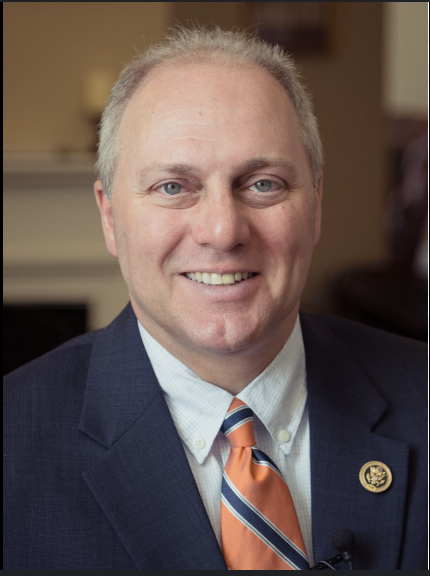
Steve Scalise - republican party leader in the house
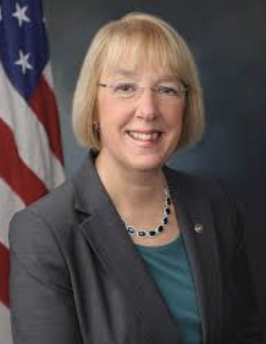
Patty Murray - President Pro Tempore
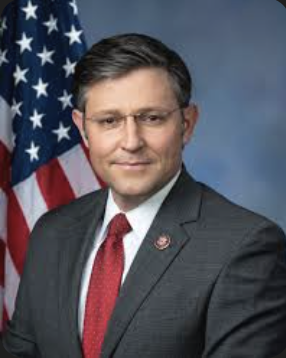
Mike Johnson - speaker of the house

Lara Trump - RNC co chair
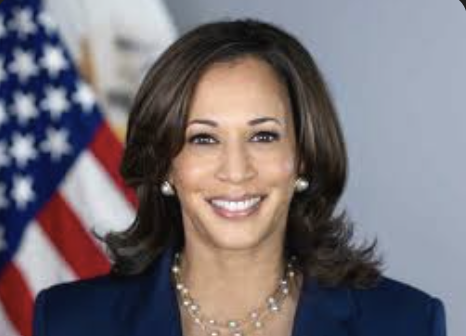
Kamala Harris - VP- president of the senate
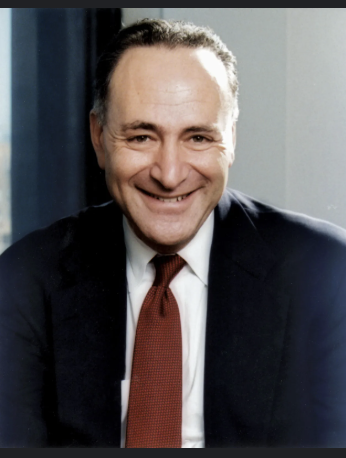
Chuck Schumer - democratic party leader in senate
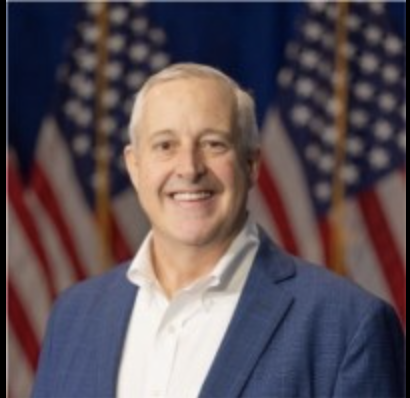
Michael Whatley - RNC Co Chair
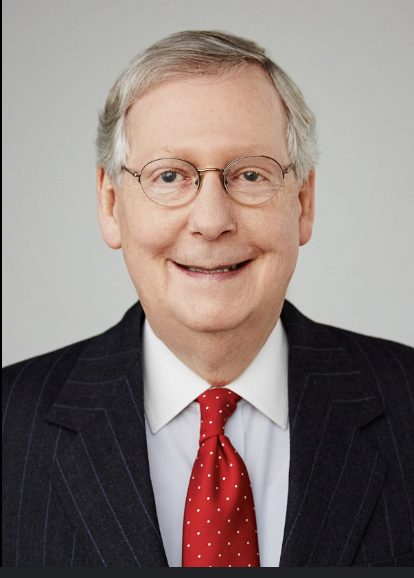
Mitch McConnell - republican party leader in senate
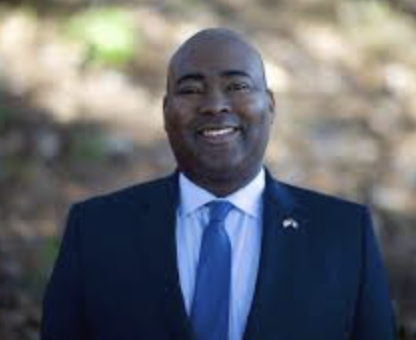
Jaime Harrison - DNC Chair
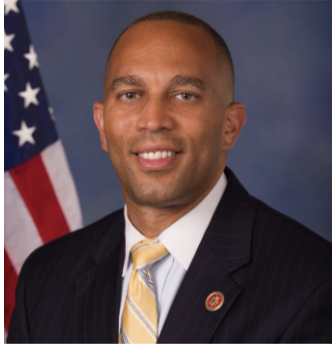
Hakeem Jeffries- democratic house leader
What are 5 obstacles for Third Parties in our Electoral System?
Single Member District,Winner Take All System, Fundraising, Ballot Access, People feel it is a wasted vote
Inside Strategies
Testifying before Congressional Committee
Amicus Briefs
Class Action Lawsuits
Lobbying
Drafting Legislation/Regulations
Lobbying
Research
Outside Strategies
Going Public
Donating
Grassroots Lobbying
Primary Elections
Goal is to win the most votes in state primaries, the person who wins the most votes in the primaries will become the party nominee
National Convention
Goal is to win the most delegate votes at the national convention. Delegates attend the convention to vote how their state votes. The person with the most delegate votes at the convention is the party nominee.
General Election
Goal is to win office
Letter from a Birmingham Jail
“Nonviolent direct action seeks to create such a crisis and foster such a tension that a community which has constantly refused to negotiate is forced to confront the issue. It seeks so to dramatize the issue that it can no longer be ignored.”Unjust laws are meant to be tested through civil disobedience.
Brutus No 1
The national government will grow unchecked; selfish men will remain in leadership regardless of our desire to see them unelected
Federalist No 10
“Liberty is to faction what air is to fire.”
Articles of Confederation
The states hold the power; national government needs the consent of the states to tax
The Constitution
This governing document was created as a response to the failing governing document that gave too much power to the states. laws and treaties are the supreme law of the land.
The Preamble
The purpose of the federal government is to provide for the common defense, promote the general welfare, secure the blessings of liberty, establish justice and preserve domestic tranquility.
The Declaration of Independence
When a government loses the consent of the people it is the right and duty of the people to rebel.